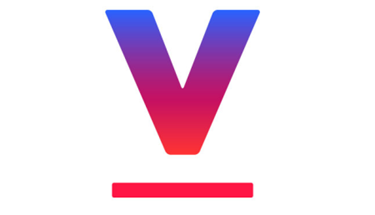Rebranded Google Life Sciences Changes Name To Verily

The life sciences division of Alphabet — formerly known as Google — officially got a name change from Google Life Sciences to Verily. According to Verily, the new name is meant to reflect the company’s multi-disciplinary mission statement, which they say represents a holistic “true picture” of chronic illness and health as a continuum.
A new website announcing Verily went live on Dec. 7, and in it the company has painted its rebranded image as a bridge between technology and life sciences, on a mission to blend the two together into a new approach to healthcare and disease management.
“Imagine a chemist and an engineer and a doctor and a behavioral scientist, all working together to truly understand health and to better prevent, detect, and manage disease,” the company wrote on its homepage. “Picture a world in which technology and life sciences are not distinct, but partners with a united vision.”
Verily was once a part of Google X and then became Google Life Sciences — a standalone company focused on biomedical solutions — when Google announced the formation of an umbrella company, Alphabet, in August.
Verily spokeswoman Jacquelyn Miller told USA Today that CEO Andy Conrad will remain at his post and the board of executives will include representatives from both Alphabet and Verily.
Brand consultants told STAT that using a name that suggests ‘old world’ connotations, such as Shakespeare and Biblical scripture, may be problematic in the current political climate, but others suggested that the name was obscure enough to allow the company to shape and evolve its vision.
According to Conrad, the name was meant to be aspirational and reflects a new perspective on healthcare: More proactive than reactive, aiming to prevent disease before it starts.
“Only through truth are we going to defeat Mother Nature,” said Conrad, who added that Verily had added a philosopher to their staff. “A philosopher may be just as important as a chemist,” he said.
Some of the biggest names in medical research have recently joined Verily’s staff, and a recent article in Nature credited Google’s big data expertise, which will have a large part to play in next-generation healthcare.
Thomas Insel, former director of the National Institute of Mental Health (NIMH) made the move to Verily in September and blogged that the future of medical research will depend on companies that knew how to extract useful information from huge amounts of data. USA Today noted that Verily’s head engineer will be Linus Upson, one of the developers of Google Chrome.
Verily’s biomedical focus started with a partnership with Novartis, which aims to put a glucose monitor into a contact lens, and recent patents filed by the company — including a surgical laser ablation system and a needle-free blood draw device — suggest lofty ambitions that will court partnerships with medtech giants.
On its website, Verily states, “We work with partners from across the industry and many fields of research to develop new technology, launch studies, and start companies.”
